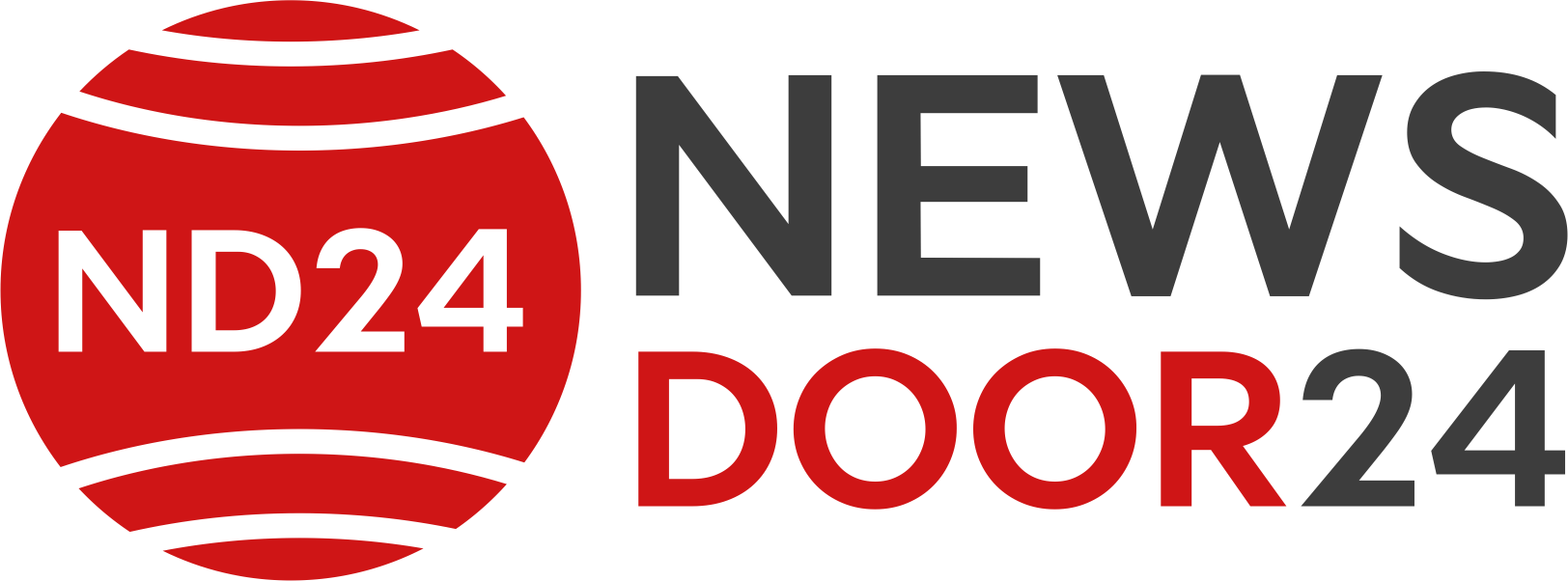SEBI New Rules: If you also invest in IPO, then definitely read this news. SEBI has now made a big change in the rules of investment in IPO. After this, now only certain people can invest in IPO. Let’s know the details.
SEBI New Rules: If you also invest in the stock market or are going to invest in IPO, then definitely read this news. Actually, market regulator SEBI has made a big change in the rules for bidding in IPO. Under the new rule, now only certain people will be able to invest in IPO. Let us know about the new rules of SEBI.
According to the new rules of SEBI, now only those investors will be able to bid for the public issue i.e. IPO, who actually want to buy the shares of the company. In fact, SEBI had come to know that some institutional and wealthy investors (HNIs) are bidding to increase the subscription of the IPO. Their main objective is not to invest but to increase subscriptions. In such a situation, SEBI has to take this strict step.
SEBI issued circular
With this new rule of SEBI, bidding to increase subscription data will be banned. Let us tell you that the new rules will be applicable from September 1, 2022. SEBI issued a circular in this regard on Monday. According to the circular, the application for IPO will be taken forward only if the funds required for the same are present in the bank account of the investors. According to SEBI, “Stock exchanges will accept ASBA applications on their electronic book building platform only after there is a confirmation of money block with it.”
Rules will be applicable to all investors
According to the information given by SEBI, no exemption will be given to anyone in the new rule, this new rule will be applicable to all types of investors. All IPOs coming into the market from September 1, 2022, will be mandatory to follow this rule. Actually, till now the funds of all categories of investors are blocked on an ASBA basis. SEBI has created categories like retail, the eligible-institutional buyer (QIB), and non-institutional investor (NII) for bidding in IPO.
In fact, SEBI had received such information that applications in some recent IPOs had to be canceled because investors did not have enough money in their accounts.







